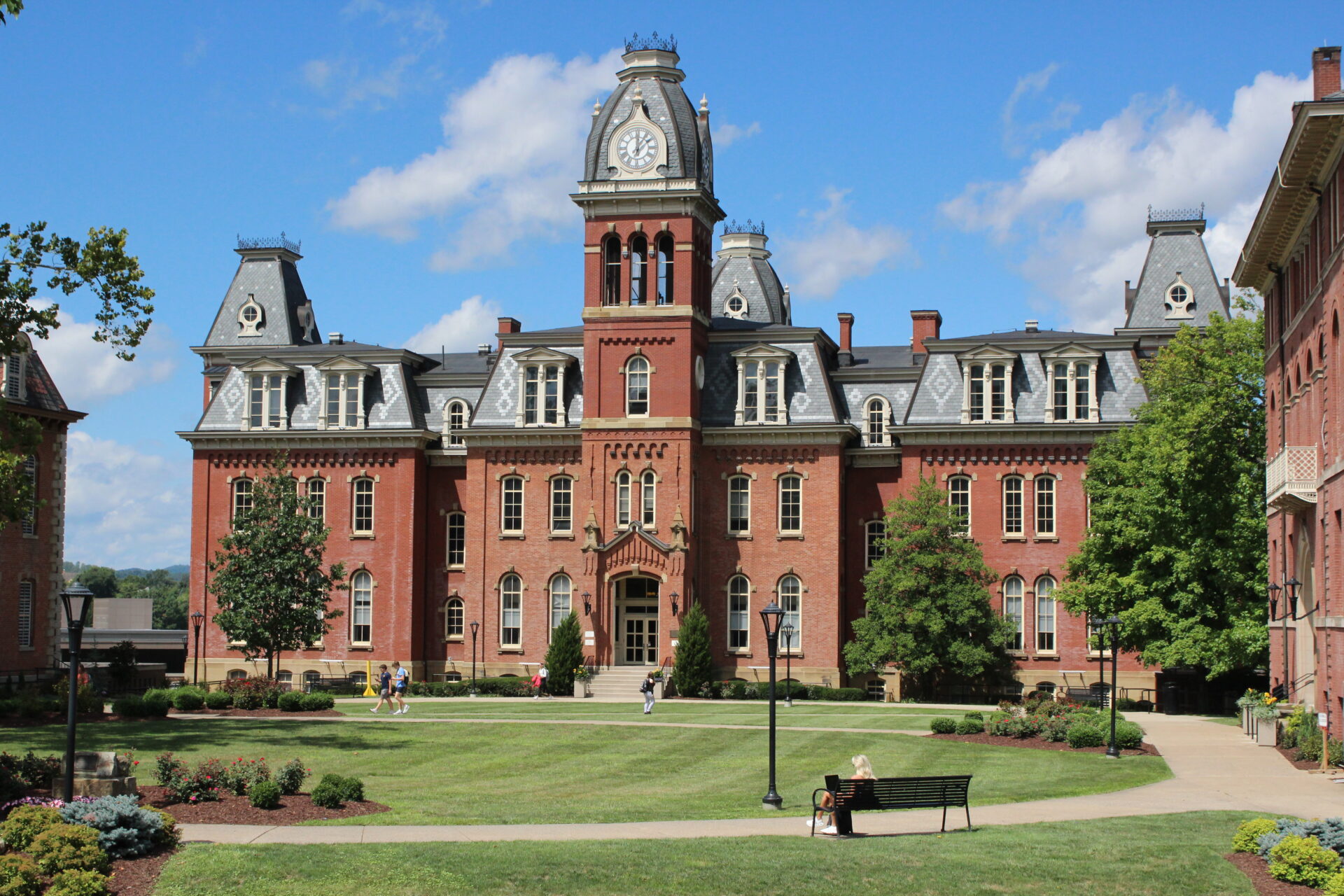Gov. Jim Justice has declared a state of emergency for the state’s higher educational system.
During his regular press briefing Tuesday, Justice said the declaration allows the state to bypass FAFSA requirements for state programs such as the PROMISE scholarship.
“We have to find a way to bypass this FAFSA requirement that will provide eligibility to our high school kids in regards to their scholarships, especially PROMISE and on and on and on,” he said. “We have at this time a 40 percent decline in applications and the reason for that is, our kids don’t know what to do.”
The Free Application for Federal Student Aid (FAFSA) unlocks both federal and state financial aid for students. The federal government released a shortened FAFSA at the end of last year that was intended to simplify the financial aid process for students, but the rollout of the new form has been plagued with delays and technical issues.
Justice was joined by Higher Education Policy Commission Chancellor Sarah Tucker, who assured West Virginia students they will get the support they deserve.
“To the students and families, I want you to know that we have your back,” she said. “We want you to know that if you qualify for PROMISE and or the higher education grant, you will get that money for this fall regardless of your FAFSA status.”
Tucker warned members of the Legislative Oversight Commission on Education Accountability at an interim meeting earlier this month that the confusion over the new form was causing delays for the state’s educational programs and would require a creative solution.
“With Governor Justice’s proclamation, students who qualify and apply for the Promise scholarship by September 1 will receive an award of up to $5,500 for the 2024-2025 academic year,” Tucker said. “If a student completed last year’s FAFSA and qualifies for our need based higher education grant, they will receive the award of up to $3,400 for the fall semester.”
Tucker and Justice both implored students and parents to call the commission’s hotline at 1-877-987-7664 and to keep working on completing their FAFSAs.
According to Tucker, students who do not have a FAFSA on file can also qualify for Higher Education grants by presenting their eligibility letter for Department of Human Services programs such as SNAP, Medicaid or WIC to their higher education institution’s financial aid office.
Justice indicated West Virginia is leading the country by declaring a state of emergency to try and resolve FAFSA-related issues.
“We’ve got to still get you through this FAFSA requirement for you to get fed dollars,” he said. “But to get you state dollars, this state of emergency absolutely, we ought to be able to move forward.”
